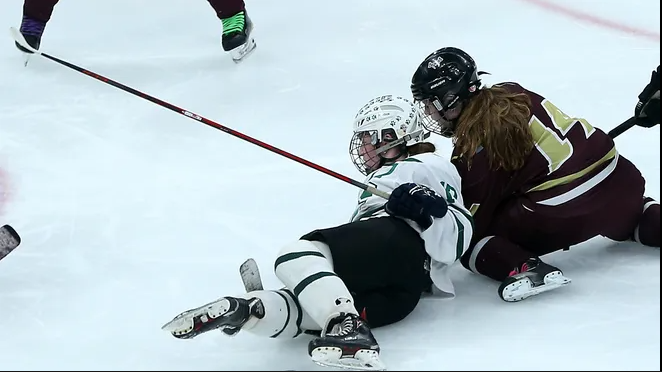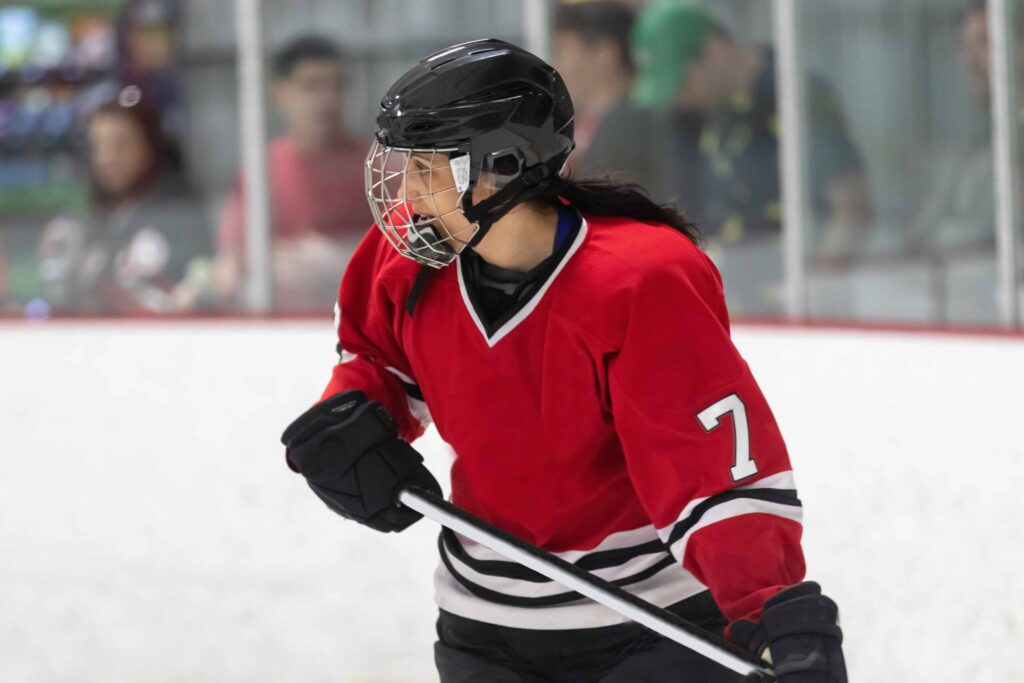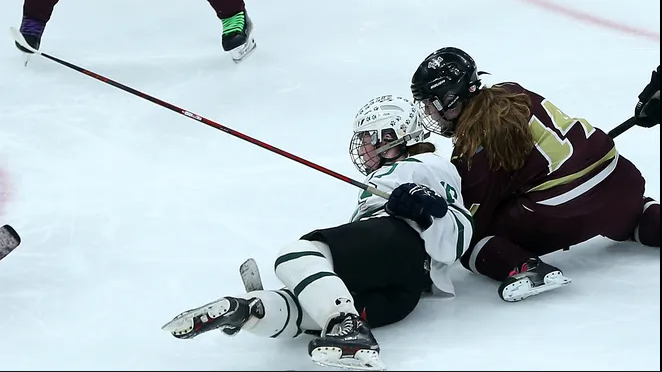
As a parent, I have now gone through multiple “hockey recruiting” processes. Beyond just club team tryouts, we have been through hockey academy recruiting, college hockey recruiting and even the beginnings of junior hockey tryouts. No matter how things worked out with each team/school being considered, I have repeatedly been pleased with the life skills my kids have learned from the experience. When I look back when I was their age, it would be several years into my college days before I would get exposure to many of these important life events.
I thought I would codify my Top 5 life skills kids can learn from the recruiting process.

1. Sales & Marketing
Even if you are a top talent player, you still need to let teams and coaches know you are interested in their program. Sending “cold emails” is a great skill to learn at any age – but getting this experience as a teenager is a pretty amazing opportunity. Learning how to introduce and promote yourself is not easy, especially in writing. Then to also persuade the audience/coach with a “call-to-action” (e.g. set-up a call, come watch me play, look at my video) is about as real-life as it gets in the sales and marketing world.
Furthermore, taking some swings when you know you will likely strike out is another great lesson. I know of a few players who reached out to coaches when they thought the teams wouldn’t be interested, only to find out they were interested and there were other reasons for them not contacting the player. You never know if you don’t ask!
2. The recruiting process is imperfect
The last company I worked at focused on the corporate recruiting process. Very few companies are great at delivering a great candidate experience. Most organizations have flaws because of the complexity and coordination challenges in organizations that are considering dozens of potential employees. The same holds true for hockey recruiting. It is unfortunate the number of times I have heard from parents and seen first-hand a bad candidate experience. Everything from never getting a response from a team, a coach ghosting a player after having a call and agreeing to next steps or just not being transparent/candid happens all the time. The college recruiting process isn’t perfect because coaches aren’t perfect. Many have not had regular company experience, so they may not be well-trained in hiring best practices unless someone taught them how. Not all of them care about closing the loop with players they won’t be making offers to. Good thing to learn for a teenager to learn at this age, because it reflects the real world.

3. Rejection
Every player gets rejected at some point. Whether it is not making a team or not getting an offer from a school. All the best companies (Google, Apple, Amazon etc.) attract the best people and reject the significant majority of folks who want to work at these companies. So even if your dream was to play at Wisconsin, or if you set very realistic goals as your top choice school, sometime there isn’t a match. However, things almost always work out in the end. You end up where you were supposed to be. Dealing with a major “hockey career” rejection in your teen years is not only something you will recover from, it will also make you stronger.
4. The importance of references and a good reputation
In the real world corporate recruiting process, hiring teams do reference checks. This is even more important in a team sport like hockey. Coaches will find folks they trust who really know the players they are considering. Once again, I can think of multiple examples where a connection to the coach (former coach or teammate, parent etc.) helped create opportunities or finalize an offer. As a player, having a good character and ensuring people of influence at every level can vouch for you, is a big deal.

5. Decision making – Having lots of good options
Finally, if things go well on both the hockey development and recruiting side, you will have options. Sometimes it will be easy to pick where you want to go. But sometimes, you will be in the fortunate position to have many great options. Figuring out all the different factors and prioritizing them across multiple opportunities can be both difficult and stressful. You may be afraid to make a life-impacting mistake. Learning how to make these types of decisions is probably the most important skill to develop. These types of situations come up all the time and figuring out which one-way door to choose is a phenomenal experience to learn at such a young age.

